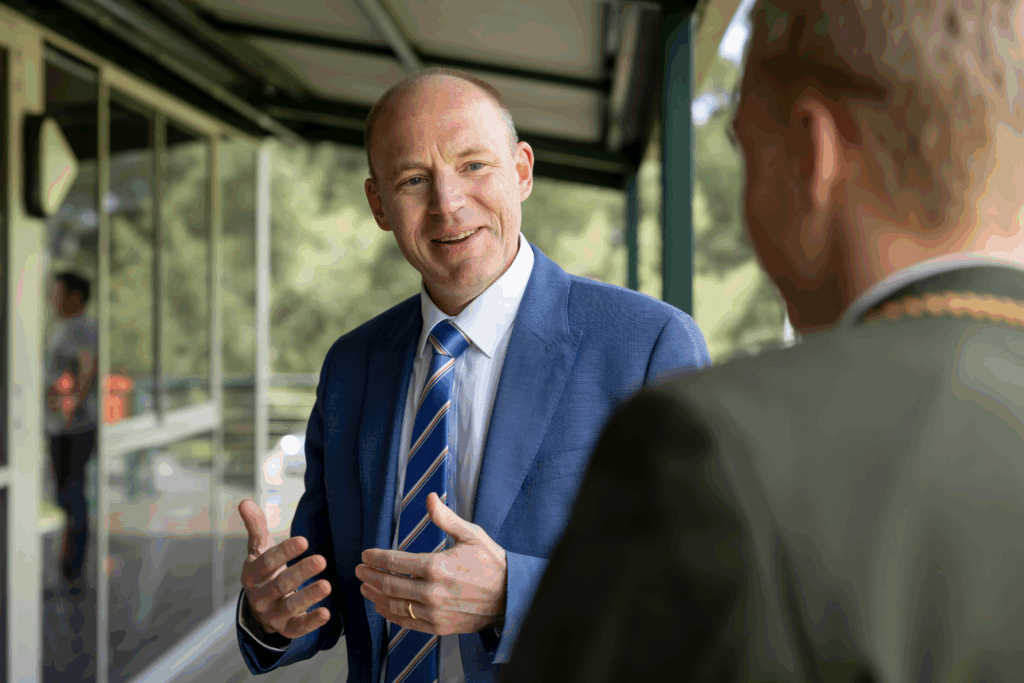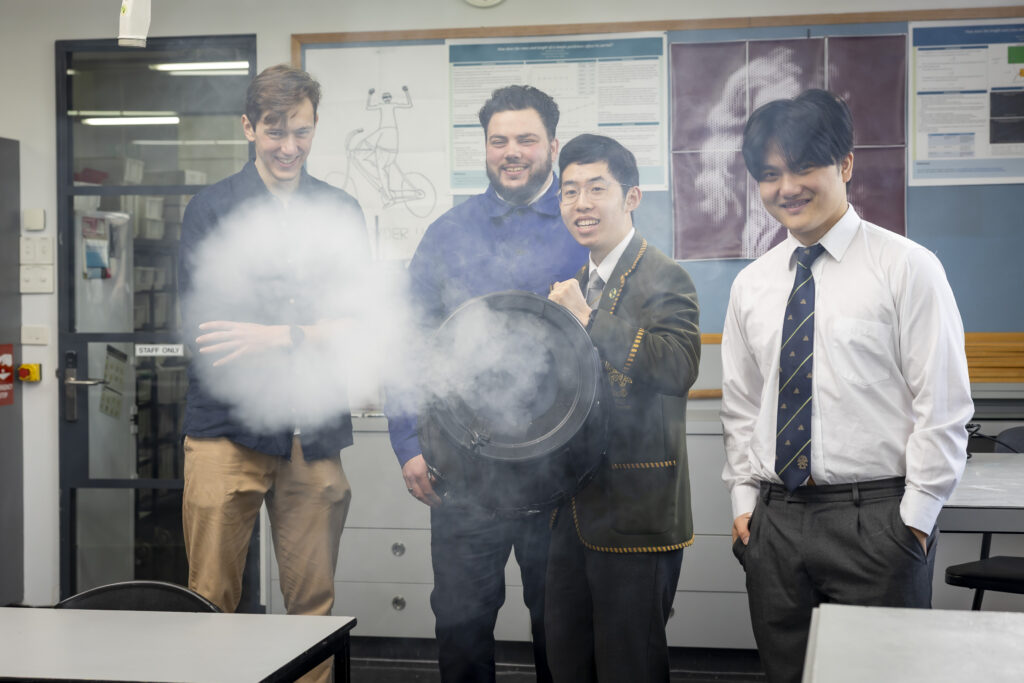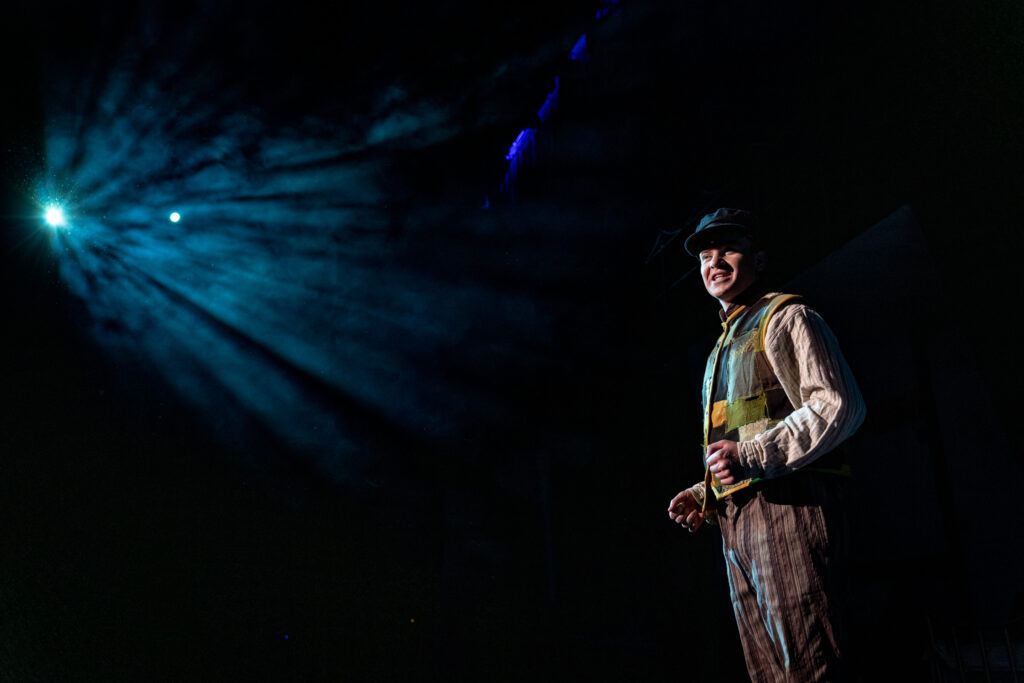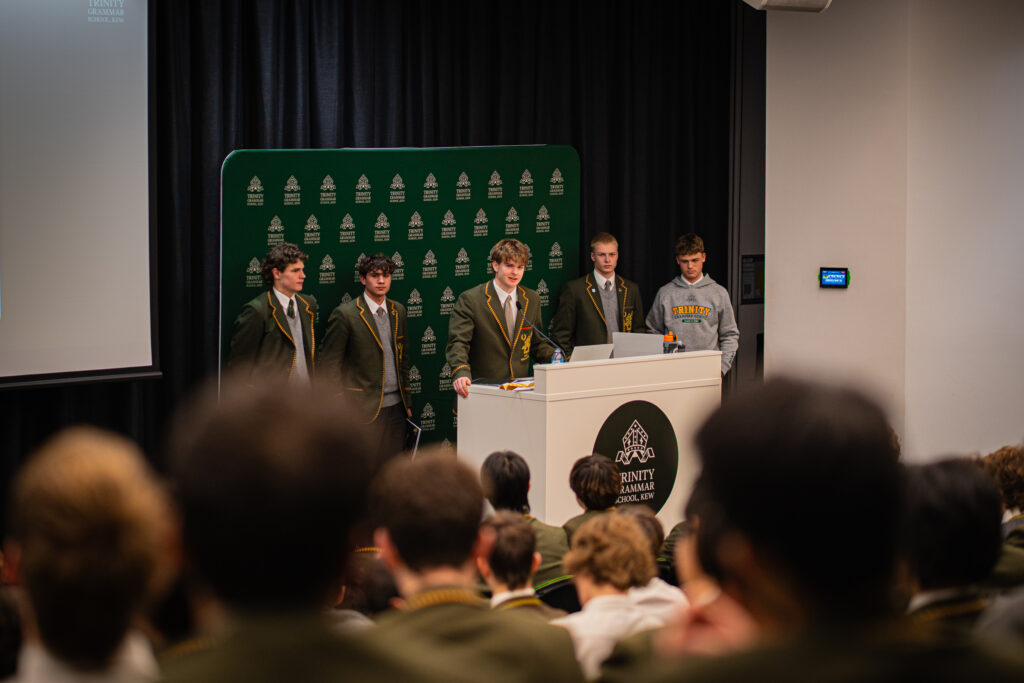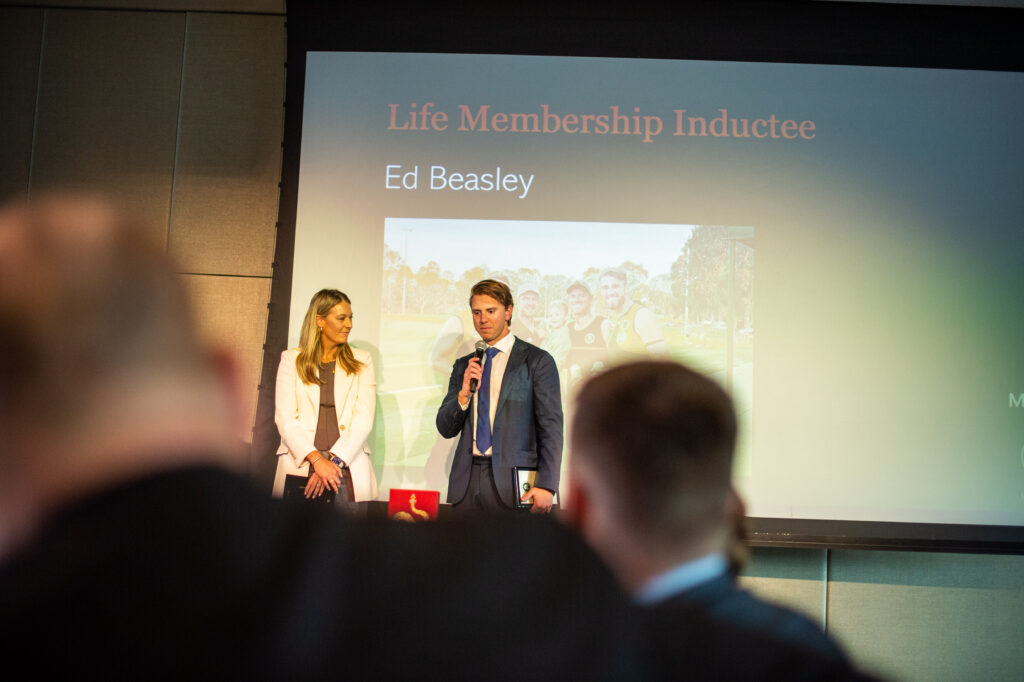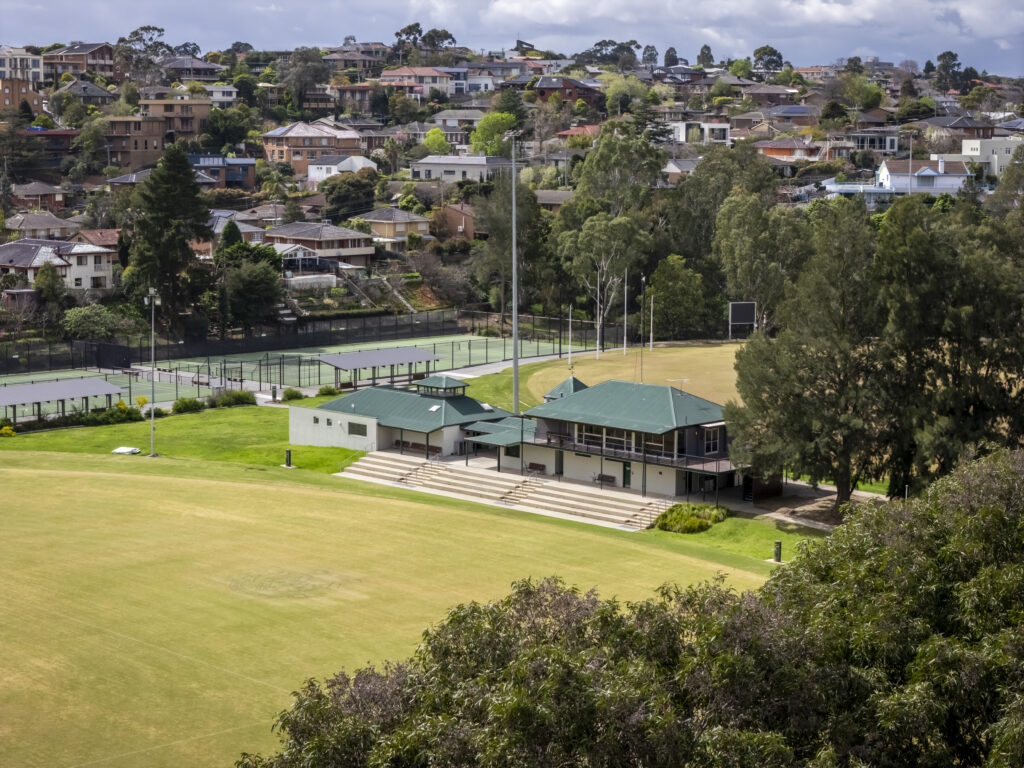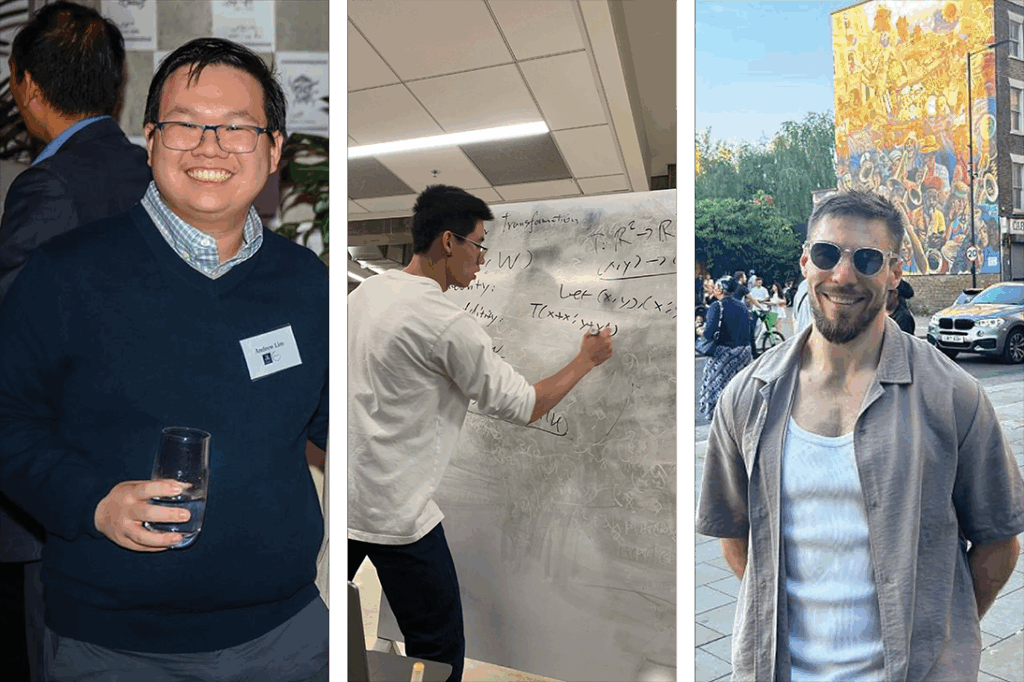- Spring 2025
- |
- From the Principal
Learning for life beyond Trinity
Adrian Farrer, Principal
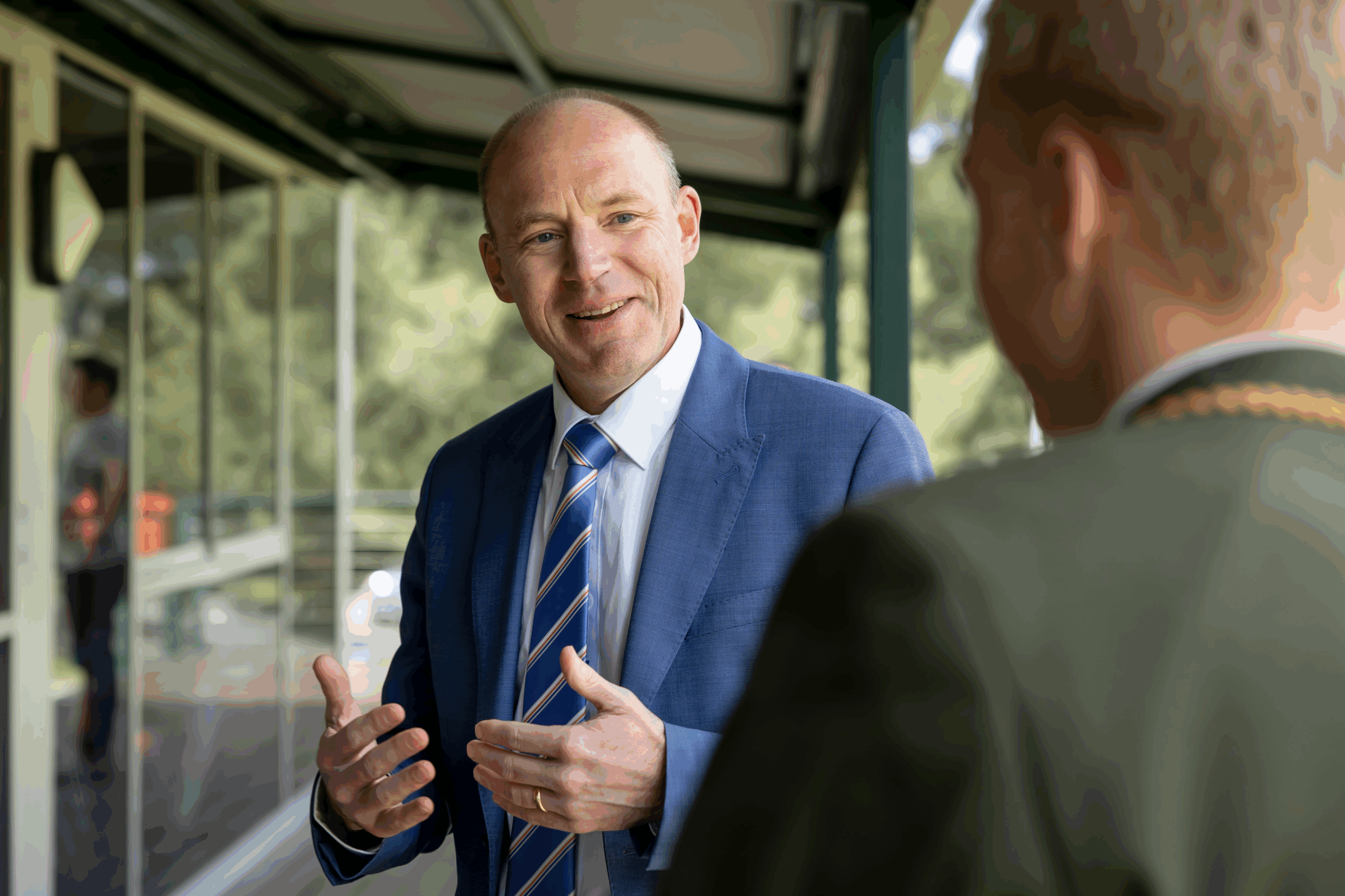
I often talk about the role of school and school families being, in essence, to grow our young people up to leave. We spend a great deal of our time teaching them essential skills explicitly in early life and then evolve to shepherding them as they reach their milestones through their school years. Done well, we are in light touch mode by the time their schooling comes to an end, and they have taken over much of the thinking, decision-making and responsibility. As parents, we do not always get that right and, of course, the timing is different for everyone. Nonetheless, the goal is to send them out into the world, into life’s broader fields, with the values and resilience needed to thrive in the community and contribute meaningfully to it.
This process is dependent on a fairly firm belief in the idea that everything is possible, and is consistent with Ralph Waldo Emerson’s 1820’s self-reflection, “I have taught one doctrine, namely, the infinitude of the private man.” Our young men should step into the world with something of that sense of optimism and purpose. And they should also be able to see that this is happening for Trinity people and has done for over 100 years. Our students have great access to our alumni who continue their engagement with the School through various, visible forms. The OTGS, the Old Boy Clubs, the network that offer work experience visits for students and those who help out on career nights, for instance, help our boys project their thinking to their future selves, showing credible pathways into further learning and the world of work. Indeed, our own “Choose Your Own Adventure” project trinity.vic.edu.au/chooseyourownadventure is a tangible example of the myriad pathways available and the varied lives being lived by our old boys.
One of Trinity’s finest attributes, I believe, is the ability for our students to maintain their individuality, supported by the broad architecture of the high standards and aspiration which characterises us.
One of Trinity’s finest attributes, I believe, is the ability for our students to maintain their individuality, supported by the broad architecture of the high standards and aspiration which characterises us. Emerson would have it so: “Whoso would be a man, must be a nonconformist.” Individuality by its nature needs community, and a community certainly needs resilient and connected individuals. After all, accepting oneself is necessary to accept one’s place in community. This edition of The Grammarian highlights so many individuals contributing to our community in so many, worthy ways. We can recognise plenty of Trinity traits in the undertakings of those highlights in these pages, and one of the starkest traits is the individuality that reflects each’s authentic self. We will continue to invest in promoting this in our students, not least via our cross-age mentoring, our student agency and our Personal Best wellbeing programming.
In these pages – amongst many things – you will learn about the challenge and opportunity that AI presents, the great work of our associated organisations and our Community Engagement team in keeping people connected, and the wonderful metaphor of the ELC students journey through their ever-expanding circles of influence and relationship.
There is also an update to our eagerly anticipated new pavilion project at The Marles Playing Fields. I recommend them all to you.
Emerson’s idea that, “It is not the length of life, but the depth of life” that matters, is supported by the ideals of our school community. There is great depth to what we do, from our 3-year-olds and their circles of learning right through to our Gold Mitre members who left school over 50 years ago.
We live, work and play together during the school years. We work together to prepare society ready young men who value their lessons learned and the people who helped them along the way. We seek rich connection at a community level even as we prize young men of clear authenticity and individuality. We do the job as families and school of growing our young people up to leave. We do so happily knowing the depth and breadth of their experiences and connection will hold them in good stead. We know that for them, with their community in support, anything is possible.
